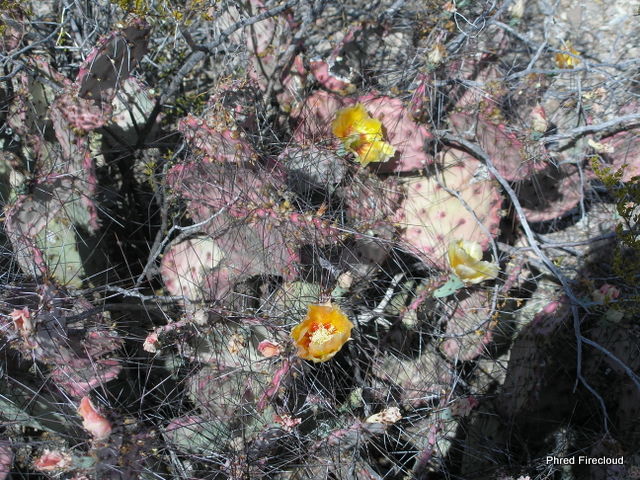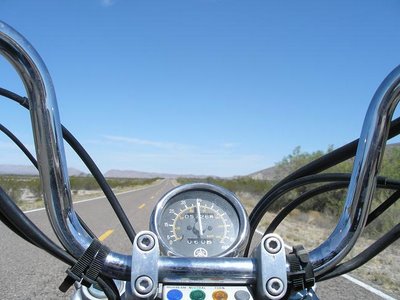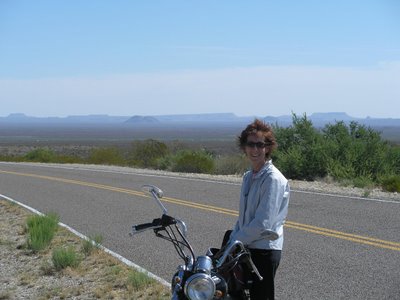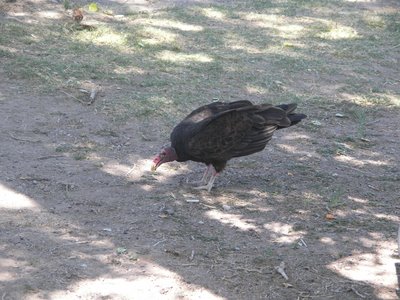I'm reading "American Caesar" by William Manchester. It's about 800 densely packed pages published in 1978.
I first heard of Douglas MacArthur in 1948 during a contentious radio broadcast covering the nomination of a Republican candidate for president. MacArthur was still the supreme commander in Japan, but he had indicated that he would accept the nomination if it was offered.
We visited Fort Seldon in New Mexico recently. MacArthur grew up there while Indians we still creating difficulties in the 1880s and learned to ride and shoot before he learned to read. I took a copy of this picture of him as a child. He's on the left with the blond curls.
Manchester accuses MacArthur of grandiose purple prose, yet on page 545 at the beginning of MacArthur's Korean campaign he begins the chapter with, "Korea hangs like a lumpy phallus between the sprawling thighs of Manchuria and the Sea of Japan". Pot? Kettle? Black?
At West Point MacArthur had the third highest academic scores ever recorded. Robert E. Lee was second highest 60 years earlier and an unremarkable cadet had the highest score recorded in the 1800s.
During WWI, MacArthur earned eight silver stars for heroism and repeatedly led troops over the top with no helmet, gas mask or weapon. He preferred a riding crop and scarf, setting a precedence for flamboyance.
One might skip over the way MacArthur handled the bonus marchers during the Depression and the bayoneting of an eight year old child. It might also be better to ignore his vacillating failure to disperse his bombers in the Philippines on December 8, 1941. Certainly his failure to move rice stockpiles back to the Bataan Peninsula during the long time available was a major boo-boo which led to the starvation and capitulation of American troops in the greatest defeat ever suffered by by our nation. After breaking out (bugging out?) to Australia and leaving behind his troops to endure the Bataan Death March, his corncob pipe grew ever larger in size, his aviator sunglasses were omnipresent and his campaign cap grew ever more crumpled and filthy.
Despite all that, and despite the egomania, purple prose and paranoia about Washington enemies exhibited by General MacArthur, Manchester has convinced me that MacArthur was unquestionably the greatest military genius that has ever lived in all history. His troop movements from Australia to Tokyo in the South Pacific campaign produced fewer American casualties than the Battle of the Bulge. The ratio of Japanese to American casualties was 10 to 1 and this ignores the hundreds of thousand of Japanese soldiers that he left to die on the vine in his brilliant island hopping strategy.
MacArthur's performance as Supreme Commander of occupied Japan was both brilliant and liberal. He brought women the right to vote, encouraged labor unions, brought sweeping land reforms and a popular democratic constitution. It's a shame that he didn't live to manage the Iraq debacle and apparently no one that did ever bothered reading his biography.
The Korean police action allowed MacArthur one last chance, at age 72, to demonstrate his genius by pushing for the Inchon landing, which was a brilliant envelopment success despite the trepidations and timidity of the joint chiefs and every other military advisor. But Korea was the writing on the wall about the end of American military power, restrained and hobbled as it has become by weak and timid civilian authority. To be denied the right to bomb the Yalu bridges as 1,200,000 Chicoms poured over the river was a disgraceful display of weakness by Truman, the Joint Chiefs and other civilian authorities and a foreshadowing of the cause of our failure in Viet Nam..
MacArthur's troop movements in Korea were repeatedly betrayed by the Communist moles MacLean, Burgess and Kim Philby. Despite that, he came to improvise so brilliantly and quickly that neither Washington nor the compromised British intelligence service could keep up with his ingenious movements in Korea.
If MacArthur had been elected President in 1952 and if George Patton had lived to be his vice president, the world would have been entirely different.Unfortunately, the American people selected a man that MacArthur considered a smiling second rater (MacArthur called Ike the best clerk he ever had) and hinted that Ike stupidly threw his troops at Nazi strong points . But at least Ike gave us the interstate highways..


































































